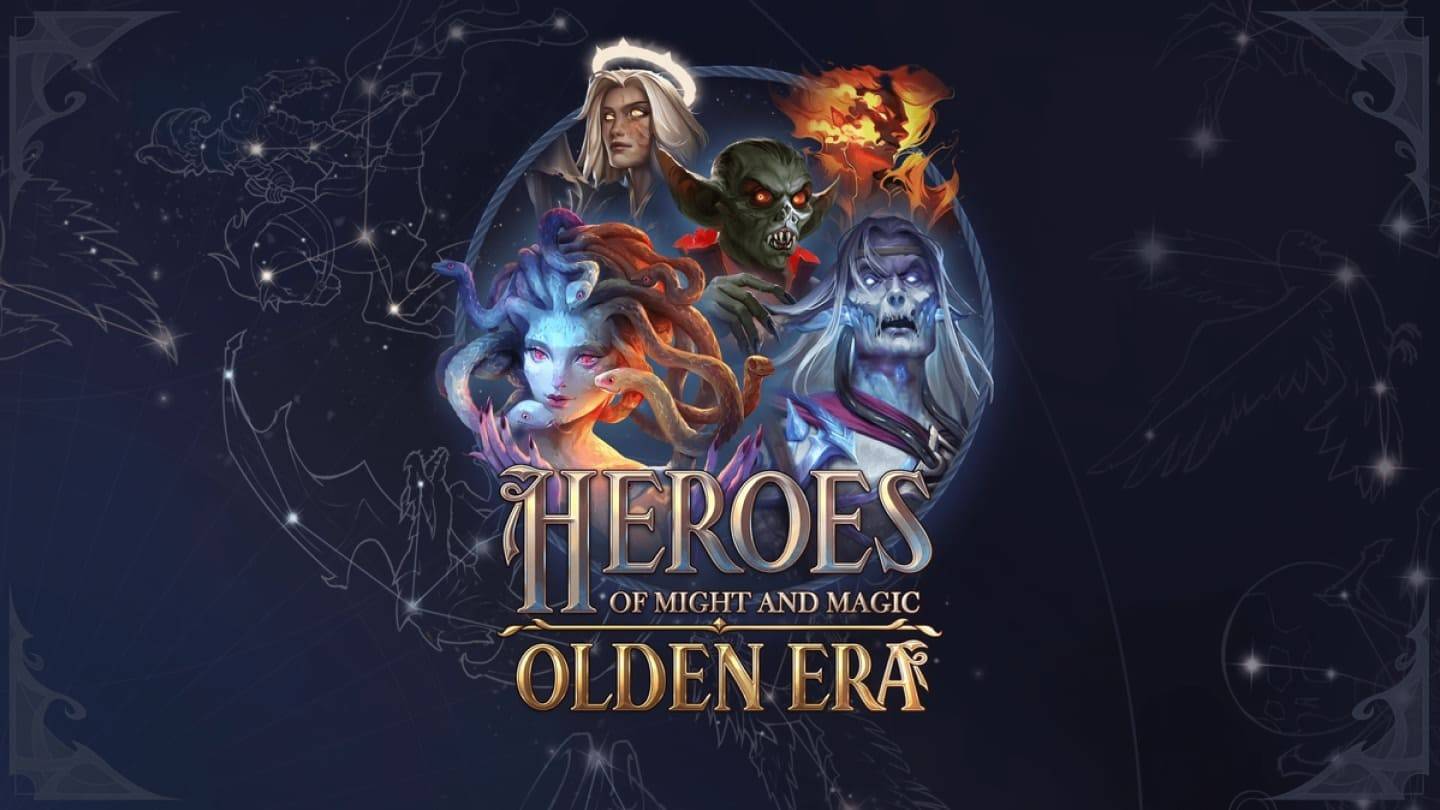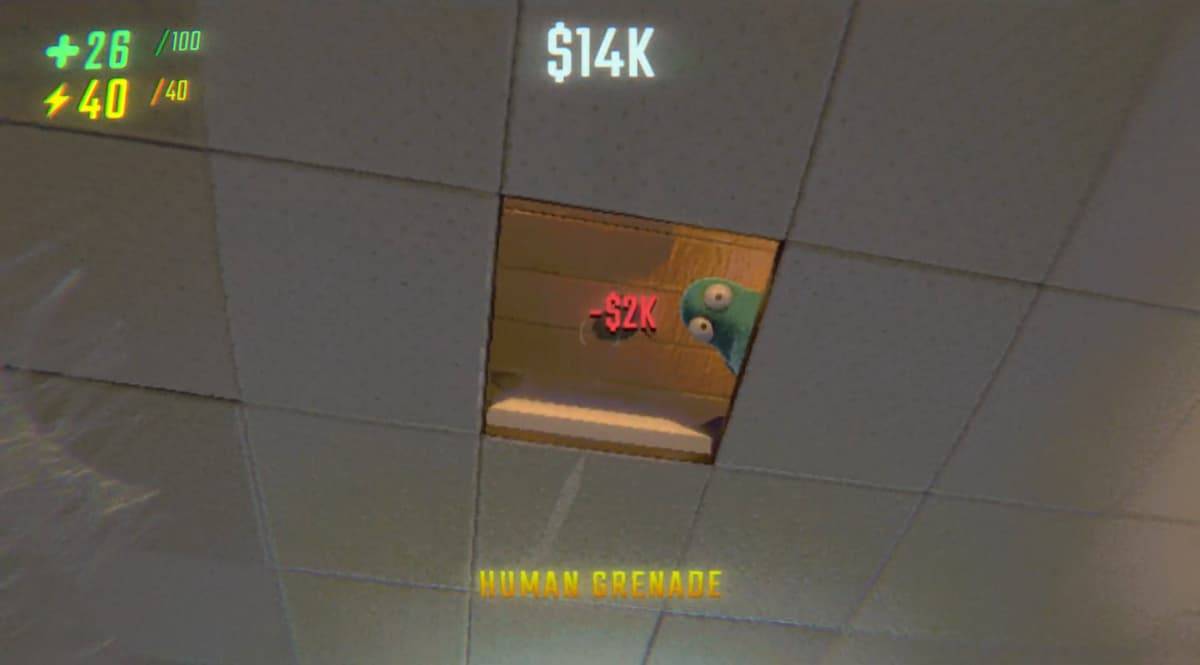Microsoft's recent unveiling of an AI-generated interactive space inspired by Quake II has ignited a heated discussion across online gaming communities. Powered by Microsoft's Muse and the World and Human Action Model (WHAM) AI systems, this demo showcases the ability to dynamically generate gameplay visuals and simulate player behavior in real-time, all without the need for a traditional game engine.
Microsoft describes the demo as a real-time tech showcase where "Copilot dynamically generates gameplay sequences inspired by the classic game Quake II." They emphasize that every player input triggers an AI-generated response, mimicking the experience of playing Quake II on a conventional engine. Microsoft positions this demo as a peek into the future of AI-powered gaming, encouraging players to engage with the demo and provide feedback.
However, the actual experience of the demo has received mixed reactions. After Geoff Keighley shared a video clip of the demo on social media, the response was overwhelmingly negative. Many gamers expressed concerns over the quality and the potential future of AI-generated games. One Redditor lamented the possibility of AI replacing human creativity in game development, fearing that studios might prioritize AI for cost-saving reasons, ultimately diminishing the human touch in games. Another critic highlighted Microsoft's ambition to create a catalog of AI-generated games, questioning the technology's readiness and capability.
Despite the criticism, some users offered a more optimistic view, recognizing the demo as a stepping stone for future advancements in AI technology. They acknowledged the impressive feat of creating a coherent and consistent world through AI, though they noted it's far from being a fully playable or enjoyable game. They suggested that such technology could be beneficial in early concept and pitching phases of game development.
The debate around this demo reflects broader concerns within the gaming and entertainment industries about the role of generative AI. Recent layoffs and the use of AI in game development, such as Activision's use of AI for Call of Duty: Black Ops 6 assets, have fueled discussions about ethics, rights, and the quality of AI-generated content. The failure of Keywords Studios' AI-generated game experiment further underscores the challenges AI faces in replacing human talent.
As the industry continues to explore the potential of AI, the response to Microsoft's Quake II demo serves as a reminder of the complex balance between technological innovation and maintaining the quality and human essence of gaming experiences.



















